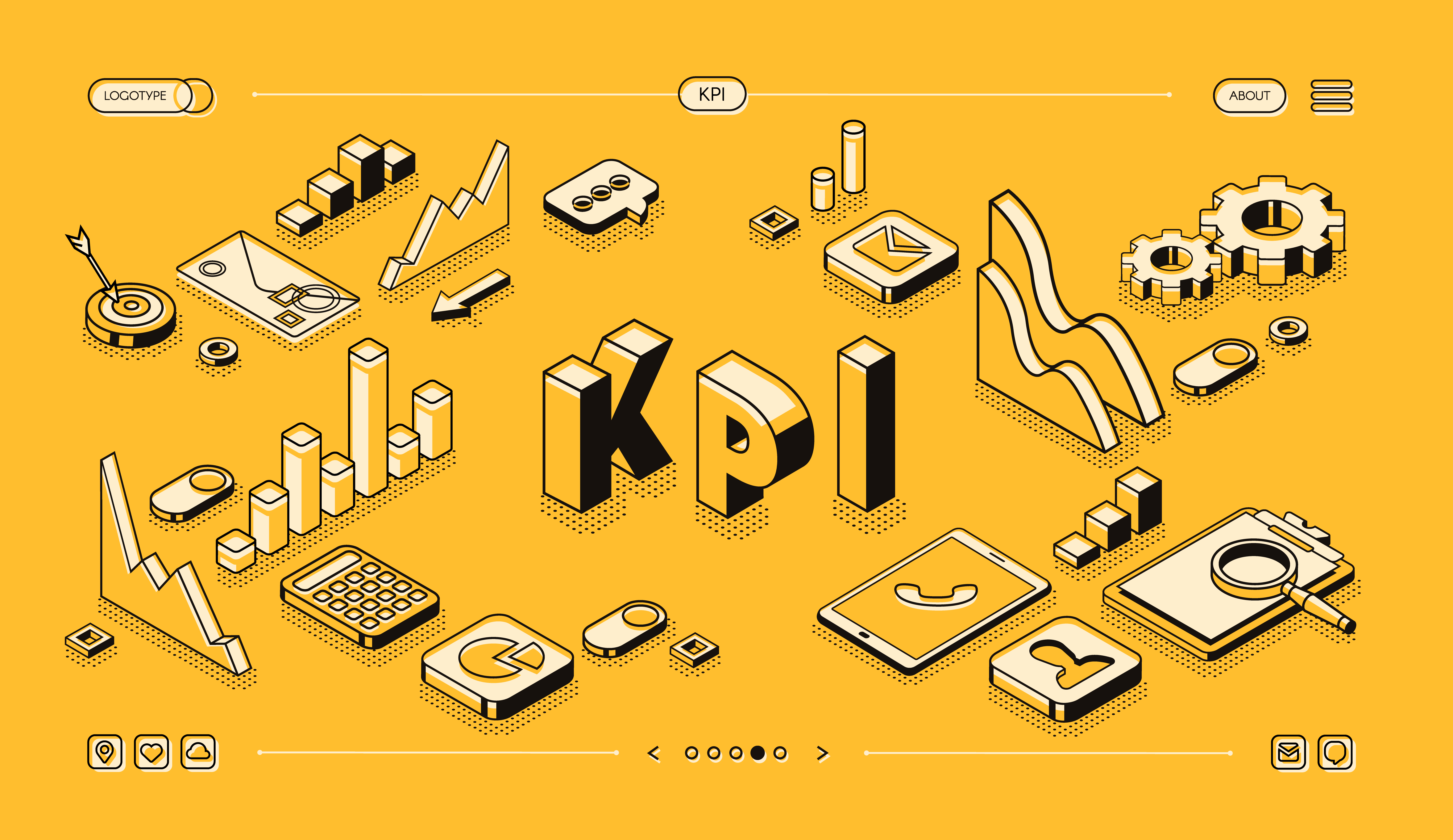
Martha Gabriel, a Brazilian speaker, consultant and writer, was interviewed by Arthur Igreja in the latest edition of the ME B2B Summit. The keynote speaker of that event spoke on the topic “Will we be eternal rookies in the future?” – which regards what we have been experiencing for some time now, but has been intensified during the pandemic.
Among several current topics, Ms. Gabriel talked about the acceleration of changes and transformations in recent years, the need of a continuous learning, and the end of the ‘or’ era (i.e. ‘this’ or ‘that’), along with critical thinking and, of course, the metaverse – the hottest subject of the year.
Keep on reading to know the key topics covered in this special meeting.
Why does everything change so fast?
The conversation with Ms. Gabriel got right to the point, with a question that summarizes the world we are currently experiencing, and all the causes of our chronic anxiety.
The telephone took 75 years to reach 50 million people; the radio, 38 years; the television, 13 years; the Internet, 4 years; the iPhone, just 3 years; Instagram, 2 years; Angry Birds, 35 days; and Pokémon Go, only 15 days. What happened to make everything change so quickly?
For Ms. Gabriel, the feel of speed isn’t false, but increasingly present; and the great cause is technology. We are now experiencing the turn of the exponential curve, which has been occurring since the last century – and this is what makes us feel that everything is changing very quickly.
“We humans aren’t set up to think about the future. In past days, the future was equal to the past or the present. Now things are changing every single day, and it will take some time for us to get used to this new reality”.
Actions must be created now to build the best scenarios
Ms. Gabriel recalled that the first technology we acquired was our own speech. At the beginning of it all, the unique ability of the human being for oral language was what distinguished us from other species, and made us synonymous to power over everything we know today. It was thanks to communication that people were able to seek knowledge, evolve and create technologies to make life easier.
We spent millions of years in the hunting and gathering model, thousands in the agricultural period, hundreds in the industrial age, dozens in the information age, and now things change every day.
In the industrial age, in spite of the advances of that time, the transformations happened much more slowly. Today, we are on an exponential acceleration curve. Artificial intelligence, 5G, NFT, blockchain, metaverse aren’t trends anymore, but the reality we are living in.
If we don’t test and innovate, we can’t keep up, survive or lead. We all have a responsibility to observe the scenarios and create the futures that are really interesting for us.
Will we be eternal rookies in the future?
If the world changes all the time, we are rookies in the situations we are experiencing. Ms. Gabriel commented that she doesn’t like the term “new normal”, which was introduced during the pandemic, because we have challenges and we live the “new normal” on a daily basis. Now, we must look for the “next normal” – that is, to have our eyes turned to the next normality that we want to create.
Everything that could be automated has already been automated – and will continue to be so. Therefore, this relationship between technology and human beings tends to be more and more intelligent.
But there is something difficult to be automated: human skills, which are behavioral skills – therefore, the people who have such skills are standing out in the job market.
We are rookies all the time, learners all the time. It’s a great possibility being able to receive new stimuli every day, continuing to be relevant and not settle.
The age of “and”
In an era where technology is the key instrument of transformation, the biggest challenge is to be sustainable. Ms. Gabriel cited the World Happiness Report study, which shows the ranking of the happiest countries. The curious thing is that there are places where the technological culture is strong, but the people’s well-being index is low, when compared to less developed nations.
There isn’t only the good side of things, nor only the bad side. There is no longer the option of “this” or “that”. The “or” gave way to the “and”. In today’s business world, you have to be fast AND efficient, efficient AND cheap. In innovation, for instance, technology AND human beings go side by side, and so on.
In the era of “and”, we must outline at least three positive scenarios and three negative ones to act in a more assertive way. In this sense, having critical thinking is crucial. It’s through rationality and reflection that we can be better prepared for the future.
Critical thinking orients our efforts. Without critical thinking, we don’t turn creativity into innovation.
Metaverse is a new subject only for some of us
The metaverse concept isn’t new. It first appeared in a 1992 science fiction book called Snow Crash, by American writer Neal Stephenson. Later, it appeared in the Second Life game, in 2003, which was the first materialization of the metaverse.
The novelty of the metaverse is the 3D experience of mixed reality.
Ms. Gabriel emphasized that an avatar doesn’t have the physical limits that we do. Augmented reality amplifies the experiences of the physical world. In Pokémon Go, for instance, the opposite happens: we use the physical reality to interact with the virtual world. The great challenge of living in this dimension is the issue of sustainability and improvement of people’s lives.
When the persons don’t have a nice experience, they run away fast from it. The challenge for businesses will be to promote delight in both worlds, on and off.
How about staying updated on news from Mercado Eletrônico?
Just enter your e-mail here to receive our news.
See you in the next post!


 Português do Brasil
Português do Brasil Español
Español Português
Português
